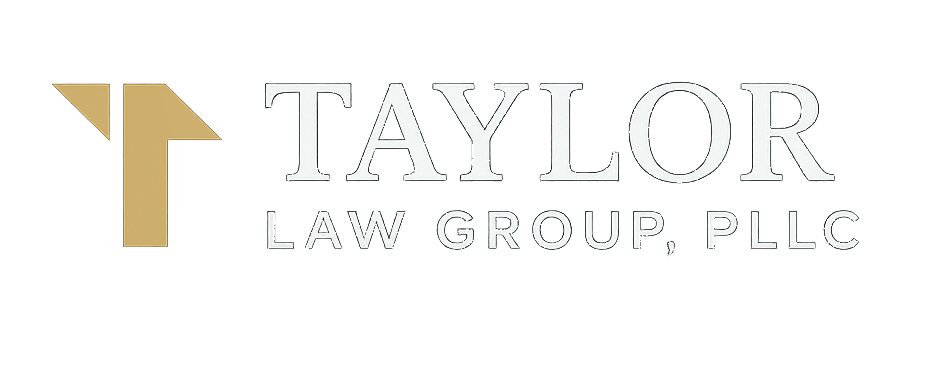Schedule Your Free
Consultation Now
Protective Orders in Tucson Courts
Protective orders in Tucson can be issued through
Tucson City Court,
Pima County Justice Court, or
Pima County Superior Court (and all other courts in southern Arizona). Each court has its own procedures and timelines for hearings, and missing even one step can result in serious consequences. Judges in these courts expect both parties to be prepared with evidence and witnesses, even though the process can feel informal to those unfamiliar with it. Our office, located right across from
Pima County Justice Court, regularly handles protective order hearings in all of these venues, ensuring clients are ready and fully represented.
What to Bring to a Protective Order Hearing
To protect your rights and present the strongest case possible, come prepared. Important items include:
- Texts, emails, screenshots, social media messages, and voicemails
- Photos, videos, call logs, or location data that support your side of the story
- Witness names and contact information
- Any prior court orders, custody documents, or police reports
- A written timeline of events leading up to the petition
- Evidence of misuse, such as messages showing retaliation, leverage in divorce/custody, or threats to “ruin your life”
- Access information (door codes, residence details) if home-use issues are involved
- Digital evidence backups in case your phone dies or is not accepted
A prepared client is a protected client. We make sure you walk into your hearing with clarity, confidence, and a complete evidentiary strategy.
How Protective Order Hearings Work in Arizona
Misuse of Protective Orders in Arizona
Protective orders are critical tools when someone truly needs protection. But they are sometimes
misused
during divorces, custody disputes, breakups, or neighbor conflicts. As a former Judge, I have seen the full range—from legitimate safety concerns to exaggerated or retaliatory claims. We carefully examine the evidence, the history between the parties, and the timing of the petition to expose when a protective order is being used as a weapon instead of a shield.
Why a Former Pima County Judge Makes a Difference
As a former Pima County Judge, I reviewed, granted, denied, modified, and quashed countless protective orders. I know exactly how judges evaluate credibility, evidence, timelines, relationship dynamics, and risk indicators in OOP and IAH cases. That inside perspective shapes every strategy we use—whether challenging an order, defending against allegations, or helping petitioners obtain protection. You deserve an attorney who understands the process from both sides of the bench.
Injunction Against Harassment (IAH) — Quick Guide
What it is.
An IAH is a
civil court order that tells someone to stop harassing, annoying, or alarming you. It’s commonly used for
non-domestic relationships (neighbors, acquaintances, strangers). Orders take effect immediately
when served on a defendant.
IAH vs. Order of Protection. If there’s a qualifying
domestic relationship, the court typically uses an
Order of Protection (OOP) under A.R.S. § 13-3602. For
non-domestic situations, the court uses an
IAH under A.R.S. § 12-1809. Both are protective orders; they just apply to different types of relationships.
How to file (AZPOINT). Start online with
AZPOINT and take your petition number to any Arizona court (justice, municipal, or superior) to file and see a judge. There’s
no fee to use AZPOINT; filing is free; service may carry fees unless waived.
Do I need “repeated” acts? IAHs often involve a
series of 2 or more acts, but courts can issue an order if there’s reasonable evidence of harassment in the last year or
good cause/irreparable harm—and some courts recognize
single-incident sexual-violence scenarios. Details matter.
How long it lasts.
An
IAH lasts one year from service (a modified order still expires one year from the
initial date of service). However, an
Order of Protection lasts two years from date of service (recent statutory update).
Hearings & service.
The defendant can request
one hearing, and the court must set it
within 10 days (5 days if exclusive home use was granted on an OOP). Orders aren’t effective until
served; law enforcement or constables typically handle service.
If an order is violated.
Police can arrest for violating a protective order, and the State can charge
Interference with Judicial Proceedings (A.R.S. § 13-2810). We move fast to analyze service, notice, scope, and the evidence.
FAQs - Protective Orders
What happens if I’m served with an Order of Protection?
You can request a hearing to contest the order, usually within 5-10 days. We represent clients at these hearings.
Can protective orders affect my gun rights?
Yes. A granted protective order can restrict your ability to possess firearms.
Do you also represent victims seeking orders?
Yes. We represent both accused defendants and victims in protective order matters.
What’s an Injunction Against Harassment (IAH)?
A civil court order for
non-domestic situations that tells someone to stop harassing, annoying, or alarming you. It becomes effective
on service and typically lasts
one year from service.
When do I use an IAH vs. an Order of Protection?
Use an
OOP if there’s a qualifying
domestic relationship; use an
IAH for
non-domestic situations (neighbors, acquaintances). Both are protective orders with different relationship rules.
How fast will the court set a hearing if the other side objects?
If the defendant requests a hearing, courts must set it
within 10 days (and
within 5 days if an OOP gave someone exclusive use of a home).
Does AZPOINT replace going to court?
No—AZPOINT prepares your petition. You still file with a court and a judge decides whether to issue the order. Filing is free; service may have fees unless waived.
What happens if the order is violated?
Violations can lead to arrest and
Interference with Judicial Proceedings charges. We assess service, notice, scope, and the digital evidence trail fast.



